PRO Justice Presented the Analytical Report on Distance Hearings, Developed with the Support of EU Project Pravo-Justice, in the Supreme Court
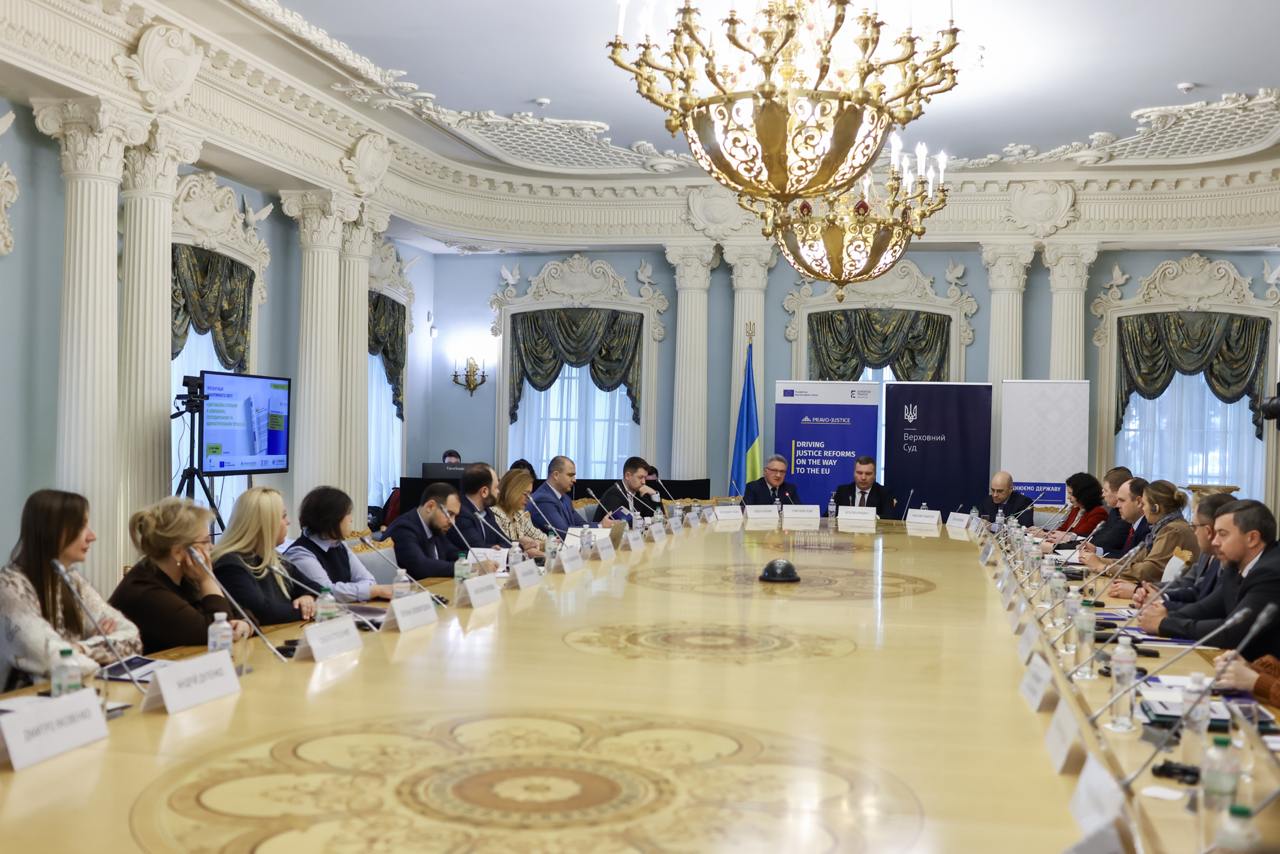
On November 18, the presentation of the analytical report on “Distance Hearings in Civil, Commercial, and Administrative Proceeding” took place; the Report was prepared by NGO ‘Interregional Expert Center PRO Justice’ with the support of EU Project Pravo-Justice.
The event was attended by representatives of the High Council of Justice, the Supreme Court, the State Judicial Administration of Ukraine, NGOs, and experts of EU Project Pravo-Justice.
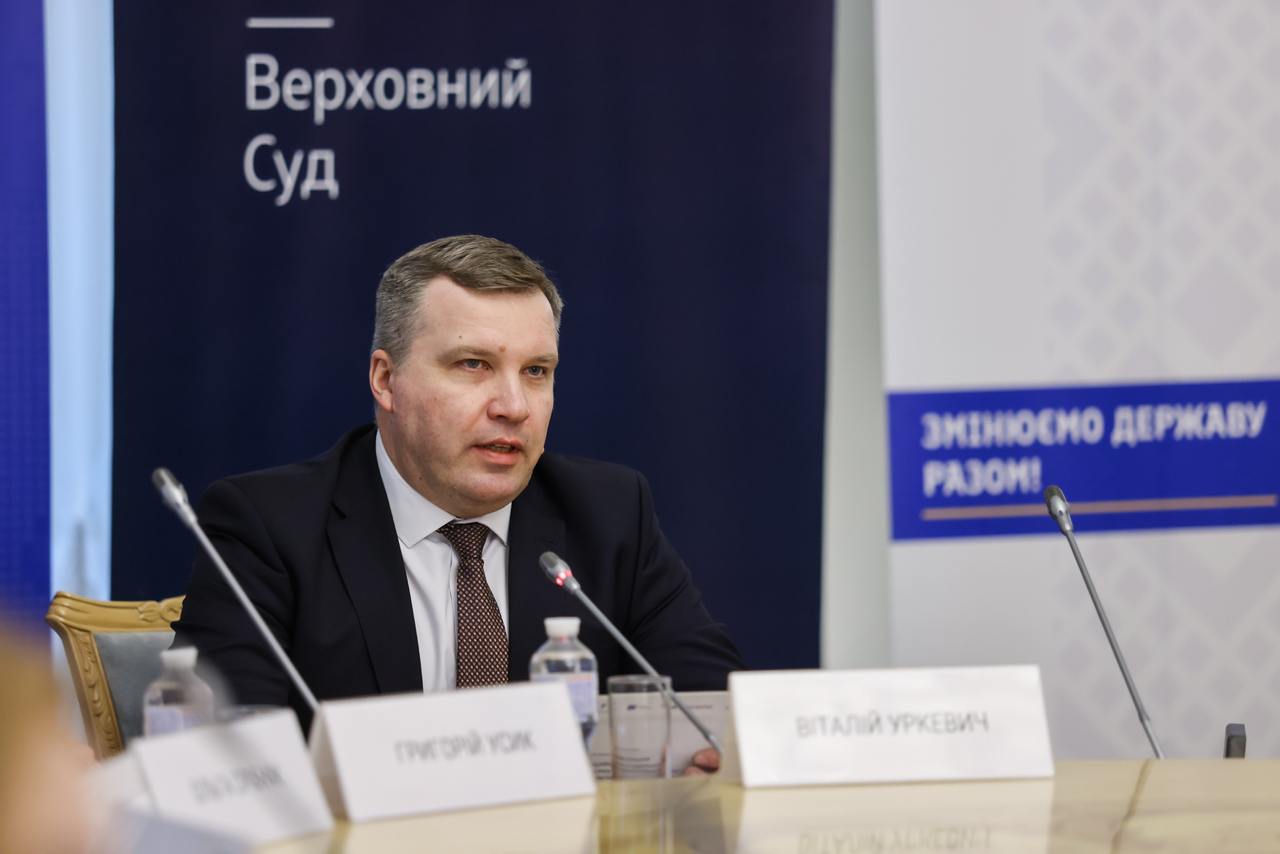
Vitalii Urkevych, Secretary of the Grand Chamber of the Supreme Court, stated that remote justice in non-criminal proceedings in Ukraine had been increasingly developing. Thus, according to him, since January 1, 2024, the Grand Chamber of the Supreme Court has held more than 90 video conferences within 43 proceedings.
“Firstly, Ukraine is on the way towards membership in the European Union, so we cannot remain aloof from issues of digitisation. Secondly, given the challenges of the full-scale Russia’s invasion of our State, the courts are tasked, on the one hand, to ensure the individuals’ right to participate in trials, and on the other, to guarantee the safety of the participants to a court session. These problems can be solved, in particular, through the development of remote hearings," Vitalii Urkevych noted.
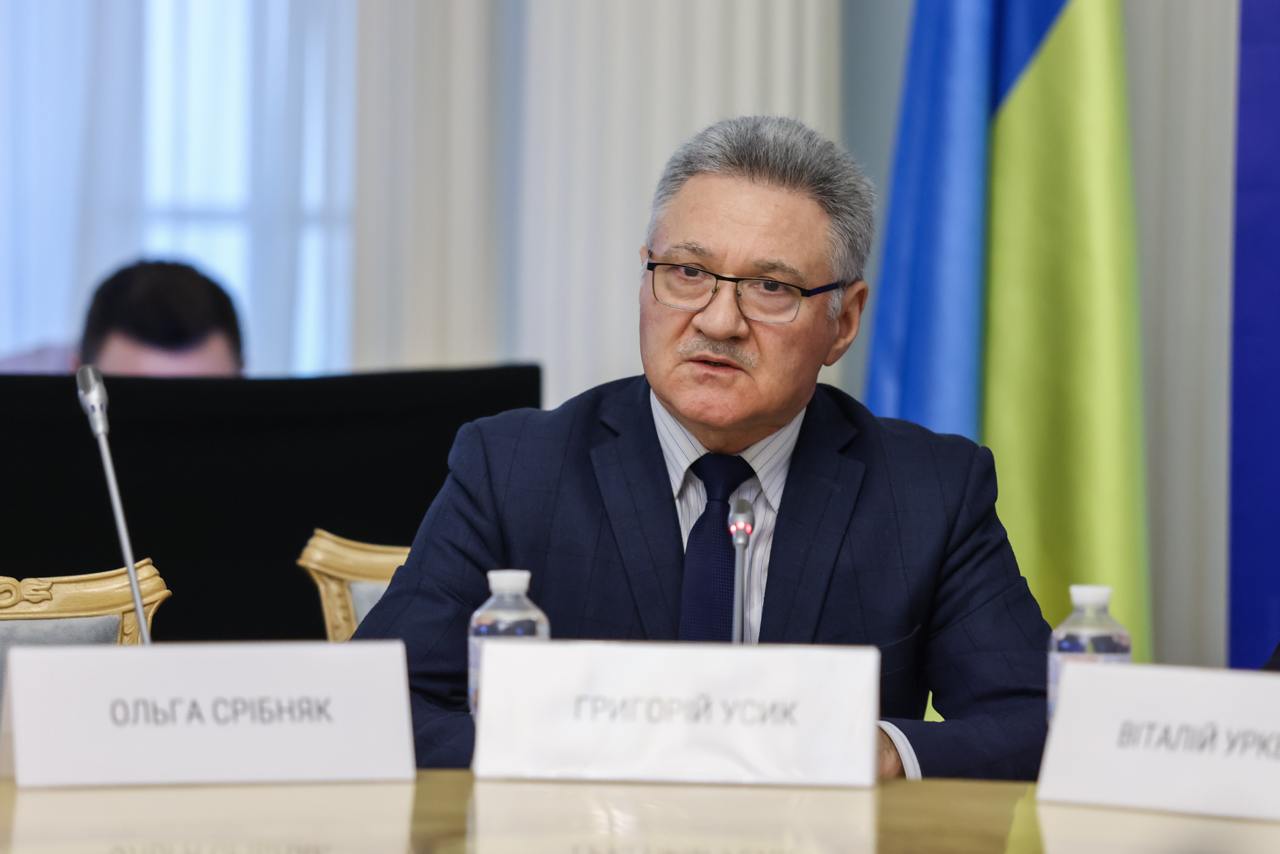
For his part, Hryhorii Usyk, Chairman of the High Council of Justice, emphasised that the judicial system was operating in extremely difficult conditions and needed to come up with some alternative ways to ensure justice. Remote consideration of cases may be one of them.
“The first challenge faced by the judicial system was the COVID-19 pandemic, with the parties’ direct participation in trials was interrupted. Now, Russia’s full-scale invasion of Ukraine imposes on the judiciary an even greater obligation to ensure justice under martial law,” emphasised Chairman of the HCJ.
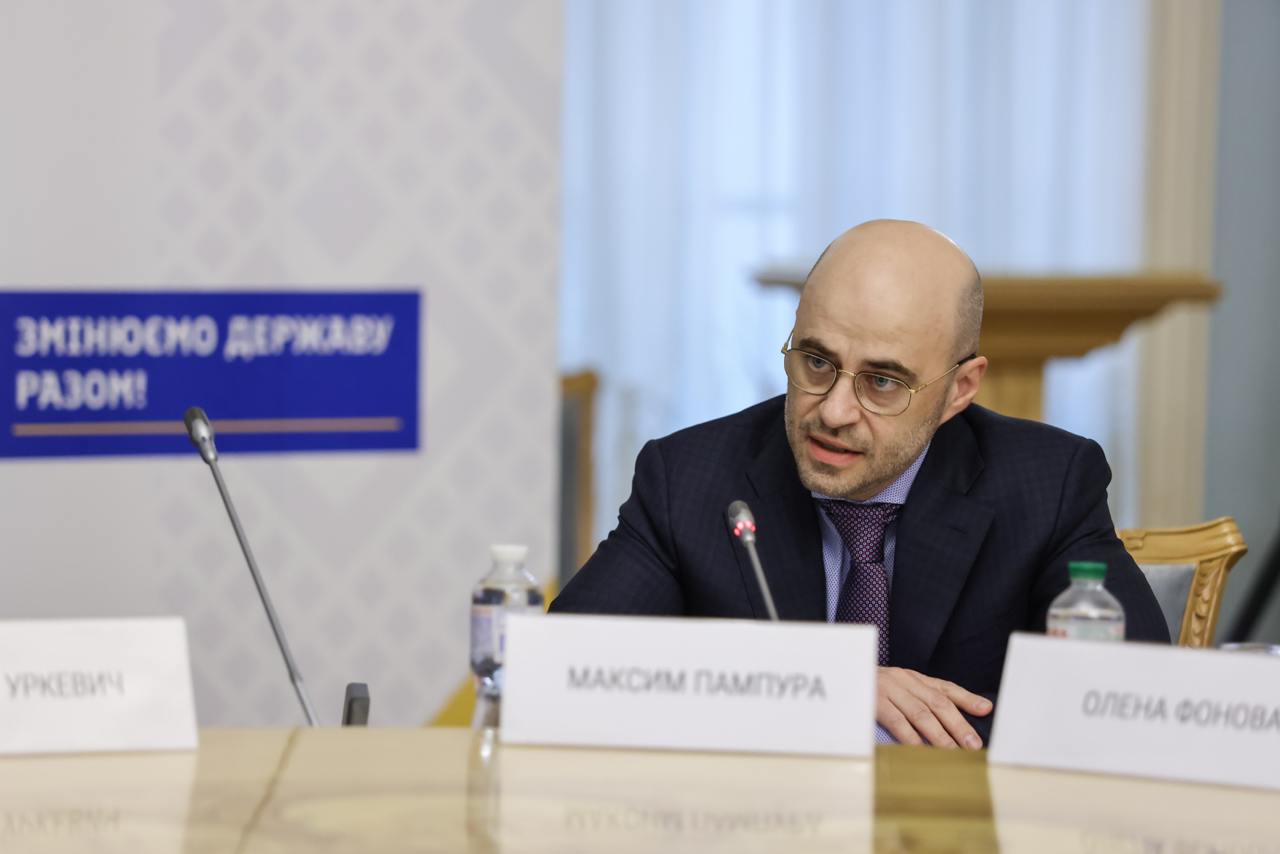
At the same time, Maksym Pampura, Acting Head of the State Judicial Administration, briefed on the statistics of the use of videoconferencing in judicial proceedings. Thus, as of today, more than 140 thousand users have been registered in the videoconferencing subsystem with almost 2.6 million court hearings being held in videoconferencing mode. According to him, this indicates the relevance of the service and the importance of addressing the issue of remote justice.
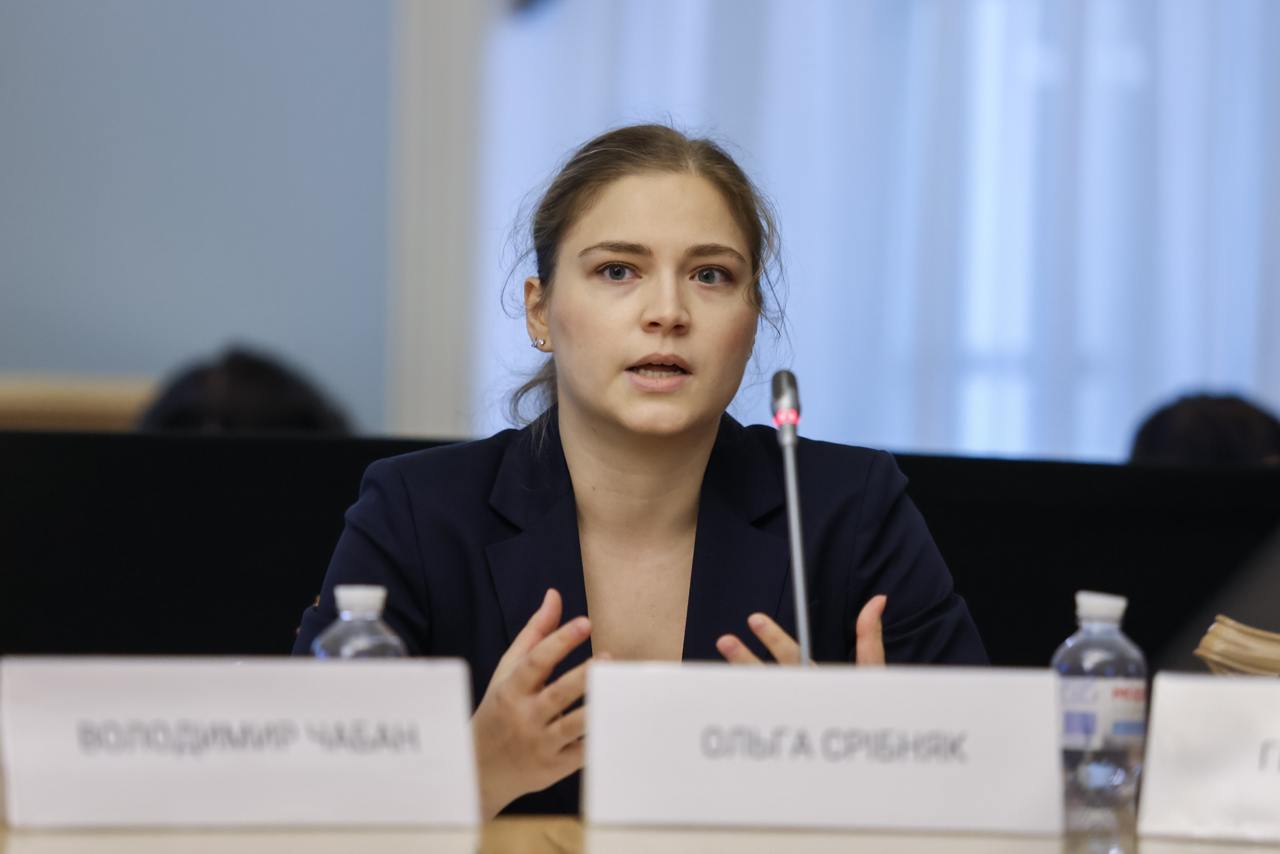
Olha Sribniak, Deputy Team Leader of EU Project Pravo-Justice, also took part in the presentation of the analytical report. She underlined that not only did the document outline key challenges to the effective functioning of distance hearings, but also analysed international practice and provided recommendations for improving the work of that mechanism in Ukraine.
“The authors of the study have done some important work. I would like to separately emphasise the significance of the analysis of European practices included in the report. Indeed, the experience of EU countries is a valuable reference point for analysis. At the same time, we understand that Ukraine should develop its own digital format which would meet its specific conditions and needs, including security-related ones. I am sure that today’s discussion will become an important step towards the development of such a framework for application of distance hearing,” noted Olha Sribniak.
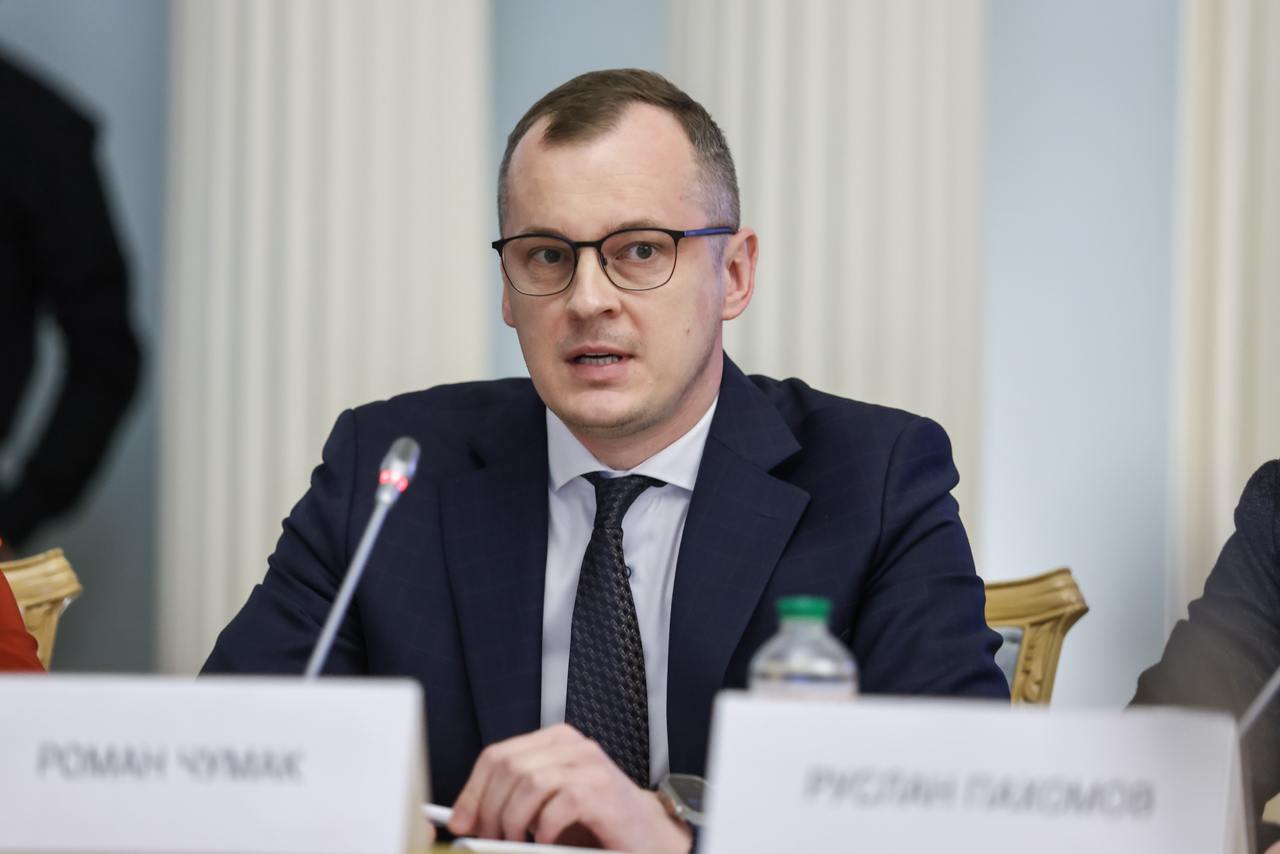
The report was presented at the event by its authors: Roman Chumak, lawyer, managing partner of the ‘Ares Law Company’ Bar Union, Co-founder and Head of NGO ‘Interregional Expert Center PRO Justice,’ and Olena Fonova, judge-speaker of the Economic Court of Luhansk Oblast, Co-founder and Deputy Head of NGO ‘Interregional Expert Center PRO Justice’. According to Roman Chumak, almost 20 000 court decisions have been analysed at the stage of drafting.
“It has been important for us to analyse the problems and challenges through the prism of judicial practice. After all, the remote court procedure is very relevant under the existing circumstances in Ukraine. Thus, as of May 2024, more than 6 million Ukrainians remain outside the country; more than 1 million people are also in the occupied territories; almost 5 million more citizens are internally displaced persons. That is, these are people for whom access to justice is currently complicated; and it is the remote format that can solve this problem,” said Roman Chumak.
The author of the study noted that the number of court decisions based on the results of considering applications for participation in a court session via video conference had been constantly growing. This also indicates the demand for such a mechanism.
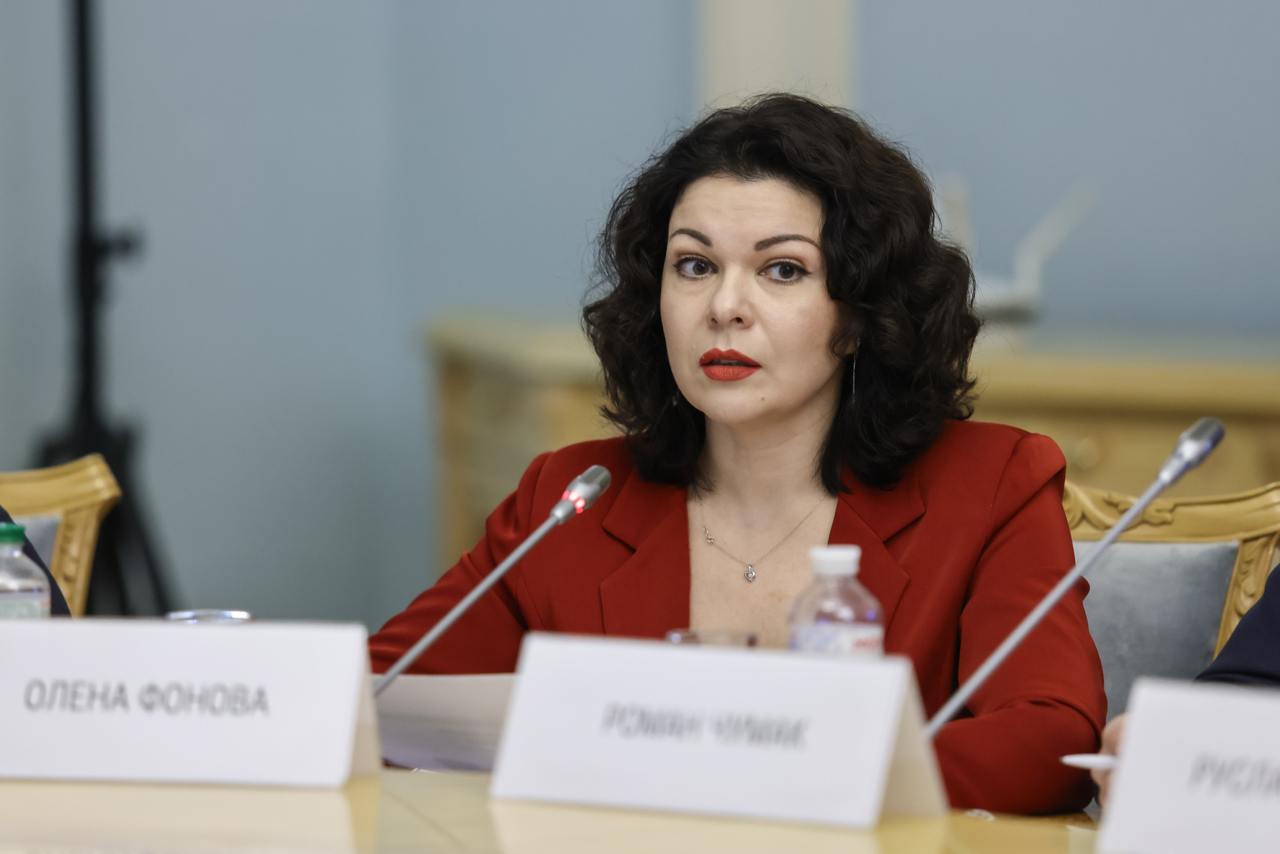
In her turn, Olena Fonova focused on the problematic issues of administration of justice remotely. In particular, she named the main reasons for courts to refuse holding a court session in distance mode. Among them are the following: the lack of technical ability to hold a court session via videoconference; violation of the deadline for submitting an application for participation in a court session via videoconference and failure to send a copy of the application to other participants in the case within the same period; lack of evidence that it is impossible for the participant to a case to be physically present at the court session, etc.
In addition, Olena Fonova noted that the report contained information on existing legislative initiatives regarding distance hearings.
“We have analysed three draft laws. These initiatives have been pending before the Verkhovna Rada for more than a year, however, nothing happens to them, and they were not included in the draft law adoption plan for 2024. This is, of course, a negative trend for us, because against the backdrop of intensified military operations and the continued destruction of the judicial infrastructure, the need is becoming even more acute,” said Olena Fonova.
At the end of the presentation of the Report, the authors of the study also voiced their proposals and solutions for the effective functioning of distance hearings.
The Report and the proposals are available for reading and downloading at.